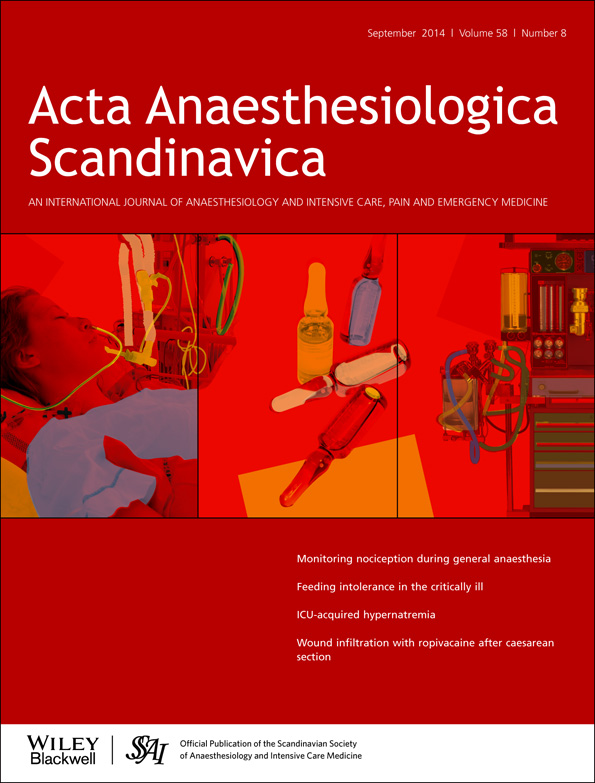Use of neuromuscular monitoring to detect prolonged effect of succinylcholine or mivacurium: three case reports
Abstract
Mutations in the butyrylcholinesterase gene can lead to a prolonged effect of the neuromuscular blocking agents, succinylcholine and mivacurium. If the anaesthesiologist is not aware of this condition, it may result in insufficient respiration after tracheal extubation. However, this can be avoided with the use of objective neuromuscular monitoring if used adequately. Three case reports of prolonged effect of succinylcholine or mivacurium were presented to illustrate the importance of neuromuscular monitoring during anaesthesia. In the first case, continuous intraoperative neuromuscular monitoring allowed a prolonged neuromuscular blockade to be discovered prior to tracheal extubation of the patient. The patient was extubated after successful reversal of the neuromuscular blockade. On the contrary, neuromuscular monitoring was not used during anaesthesia in the second patient; hence, the prolonged effect of the neuromuscular blocking agent was not discovered until after extubation. In the third patient, the lack of response to nerve stimulation was interpreted as a technical failure and the prolonged effect of succinylcholine was discovered when general anaesthesia was terminated. Both patients had insufficient respiration. They were therefore re-sedated, transferred to the intensive care unit and the tracheas were extubated after full recovery from neuromuscular blockade. We recommend the use of monitoring every time these agents are used, even with short-acting drugs like succinylcholine and mivacurium.




